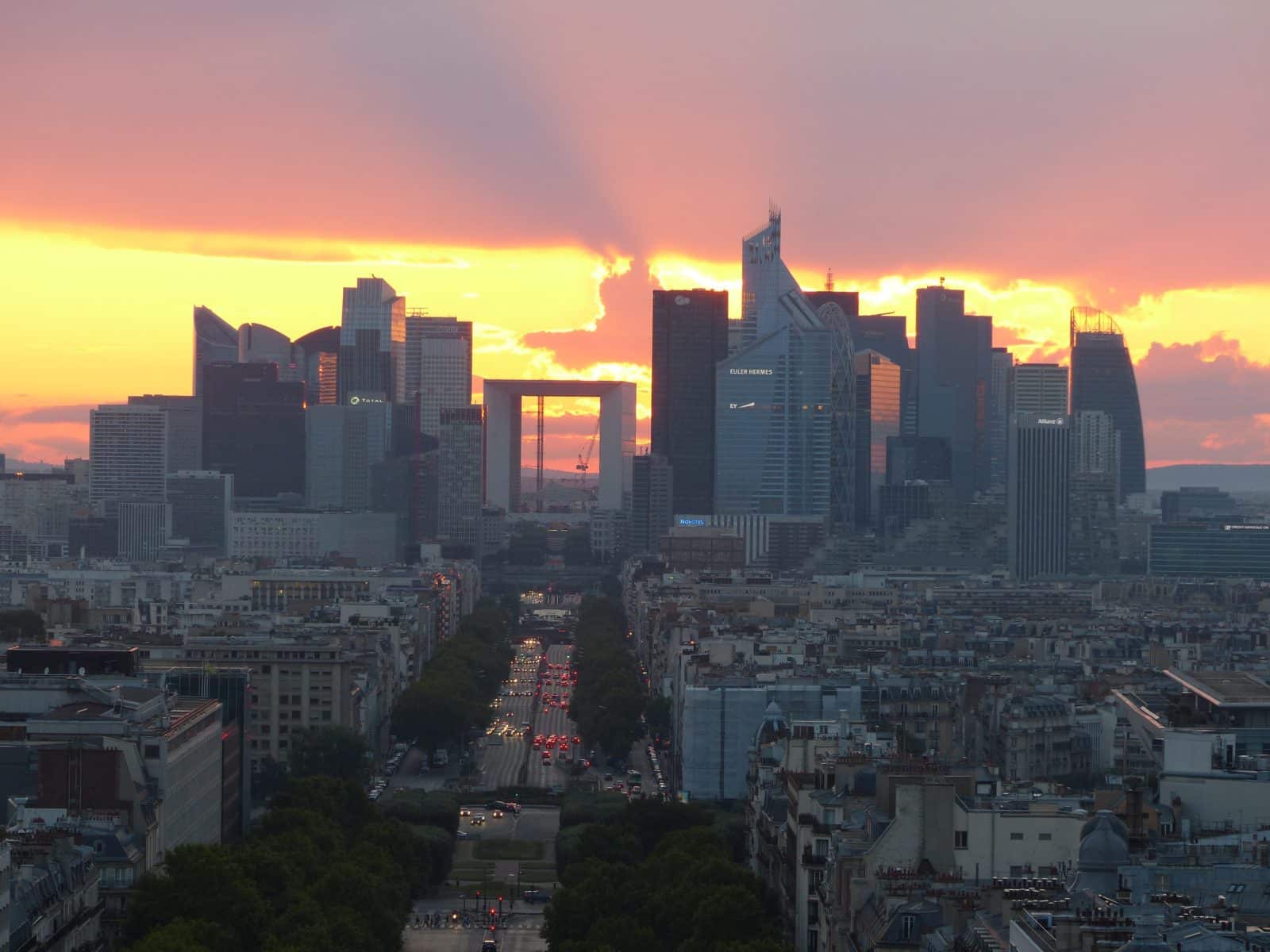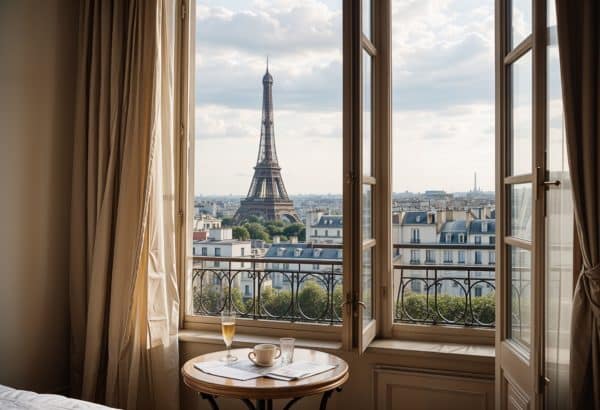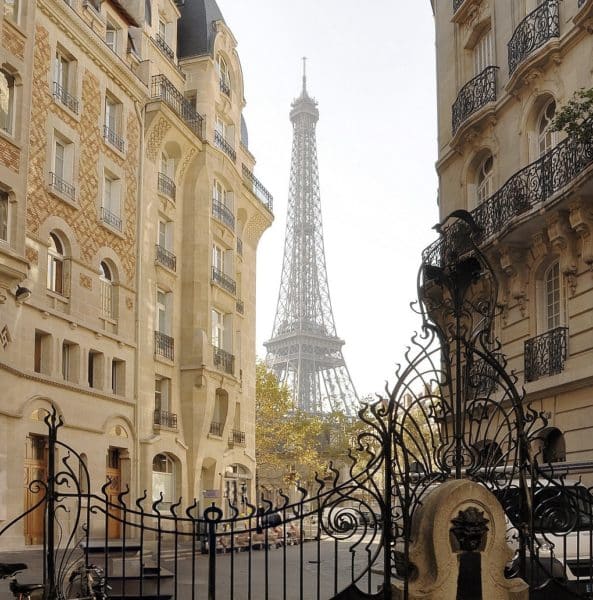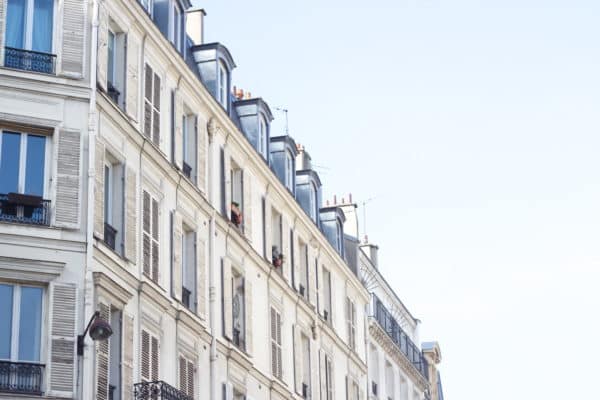Expert Insight, Breaking News, and Insider Stories on Real Estate in Paris

Paris is Europe’s most attractive city for real estate investment in 2020
ULI/PwC’s Emerging Trends in Real Estate® Europe 2020 lists Paris as the overall favorite for real estate prospects in 2020. Moving up 10 places in only one year, the French capital tops Berlin and Frankfurt, also in the top three, and tips London to fourth place.
According to the latest Emerging Trends in Real Estate® Europe report by ULI and PwC, real estate experts confirm the high investment potential European real estate has to offer in 2020 and beyond. With stable interest rates at all-time lows and negative bond yields in several European countries, real estate remains an attractive and in-demand investment class, especially when compared to other asset classes. Paris, however, is the clear favorite for 2020, ranked first for overall prospects.
According to one pan-European investor, “Paris has three great, extra things going for it: the 2024 Olympic Games, Brexit – it is just two hours from London by high speed train – and the Grand Paris project.” The French capital also provides a large, liquid market with international renown. “It is a truly global city with nicely diversified occupier market and currency-friendly,” says another investor.
Mobility
The €26 billion Grand Paris project is what is truly making the capital stand out for investors. This massive public transportation project will radically change the Paris just in time for the 2024 Olympic Games, transforming it into an ultra-modern global capital. As one long-time Paris investor puts it: “Every single decision we make when we look at an emerging location in Paris is about how the new train or metro system will impact that location.” Another notes that, “it will change the way the city works for good. It is a tangible example of how transportation can directly influence investment as an incubator for new markets.”
As part of Grand Paris, several tram and metro lines will be extended, and new lines will be created to more fluidly connect central Paris to its extensive suburbs, making it Europe’s largest transportation system. In total, 200 kilometers of rail and 68 new stations will be added to Paris’s existing public transport network, opening up parts of the city that have thus far been relatively neglected, like Saint-Denis, which will also benefit from 2024 Olympic Games facilities. “Public transport is opening up new areas of the city. These are big opportunities, and we are investigating those,” says an international investor. “More people are looking at student housing and build-to-rent, sectors which are being pioneered in Paris,” adds a pan-European broker.
Another emerging sector is last-mile logistics, with Paris’s very first multi-story logistics warehouse opening at Porte de Gennevilliers. Two retail companies are utilizing the space to transport products to central Paris and her western suburbs using energy-saving electric vehicles.
Investment potential
Despite the gilet jaunes, France’s En Marche government is also to thank for Paris’s high ranking. Elected in 2017, the Macron-led government “[has] made economic reforms, and it is easier to make decisions there, as that will have a positive impact,” says one global broker. “Of the big three countries, France looks the most stable and the most attractive.”
Some participants believe the core Paris market is too expensive, with yields for prime central office space at or below 3 percent. “We have leases going over €900 per square meter per annum for offices in Paris. It is, to me, slightly dangerous,” says a French investment manager.
Yet yields in major areas outside the prime core, like in Neuilly-sur-Seine and Boulogne-Billancourt, are now between 3 percent and 3.5 percent, with the most in-demand investments, both in this area and even further out, being either value-add, refurbishing, or developing for the prime core. “While core is too expensive for us, you can find a great deal of opportunities from core-plus to opportunistic,” remarks a pan-European investment manager.
Although many respondents also remarked on the decline of government bond yields, Paris boasts a dynamic, liquid market that continues to attract insurance, pension fund, and retail investors looking to take advantage of record low cap rates. “We are still active in Paris despite the pricing there. The city is an economic powerhouse, and rents still have some upside potential,” says a German fund manager.
This also bodes well for sellers, and the market is quite lively. A whopping €4.4 billion across only 7 transactions came from South Korea this past year. They set their sights on massive lot sizes in central areas, especially La Défense, where vacancy and yields are a bit higher. For the most part, the Koreans were able to buy at yields of 4.5% or greater.
Sources: ULI/ PwC’s Emerging Trends in Real Estate® Europe 2020 ; Paris devient la ville la plus attractive d’Europe
Contact Paris Property Group to learn more about buying or selling property in Paris.













